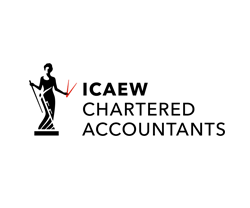February 19th, 2013
Politicians and tax avoidance. Another pointless attack
So, the answer to ‘socially unacceptable tax avoidance’ schemes, according to politicians, is to name and shame both those promoting the schemes and those taking part. This, I presume, will be a cheaper option to the alternative of having experienced, well trained and well supported tax inspectors and a tax system which can fast track closing loopholes.
There’s more than a few problems with the ‘name and shame’ strategy. Firstly I would expect those promoting the schemes won’t lose too much sleep over being named. The industry is worth billions to them. Also, I doubt whether they’ll be overly concerned about the shame bit either. In fact, the publicity might drum up a bit more trade. Those in the public eye who use avoidance schemes already run the risk of public exposure – but it doesn’t seem to have affected the careers of Gary Barlow or Wayne Rooney to think of two examples. Even the infamous Jimmy Carr story was more about hypocrisy than it was tax avoidance.
And the final issue with such a policy is where do you draw the line in deciding what is acceptable tax avoidance and what isn’t? By definition they are both legal but there’s a huge spectrum of activities between the simple organisation of your finances to pay less tax and the complex offshore arrangements of some schemes.





